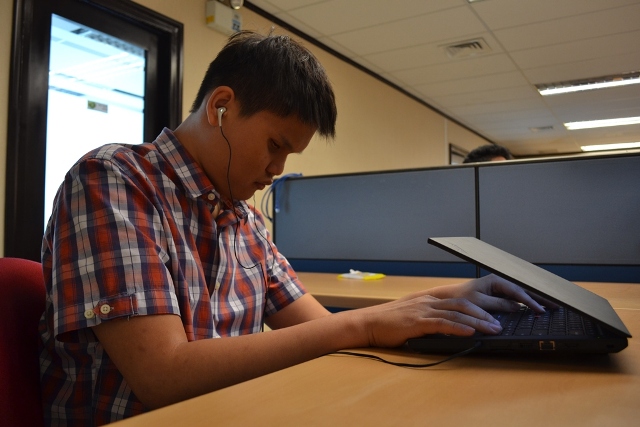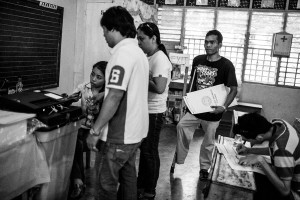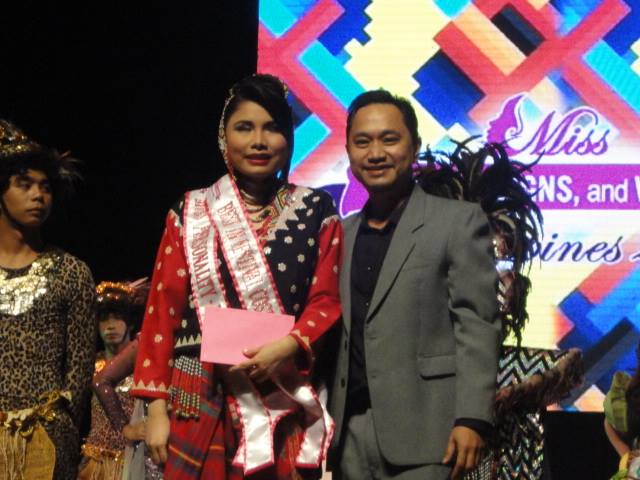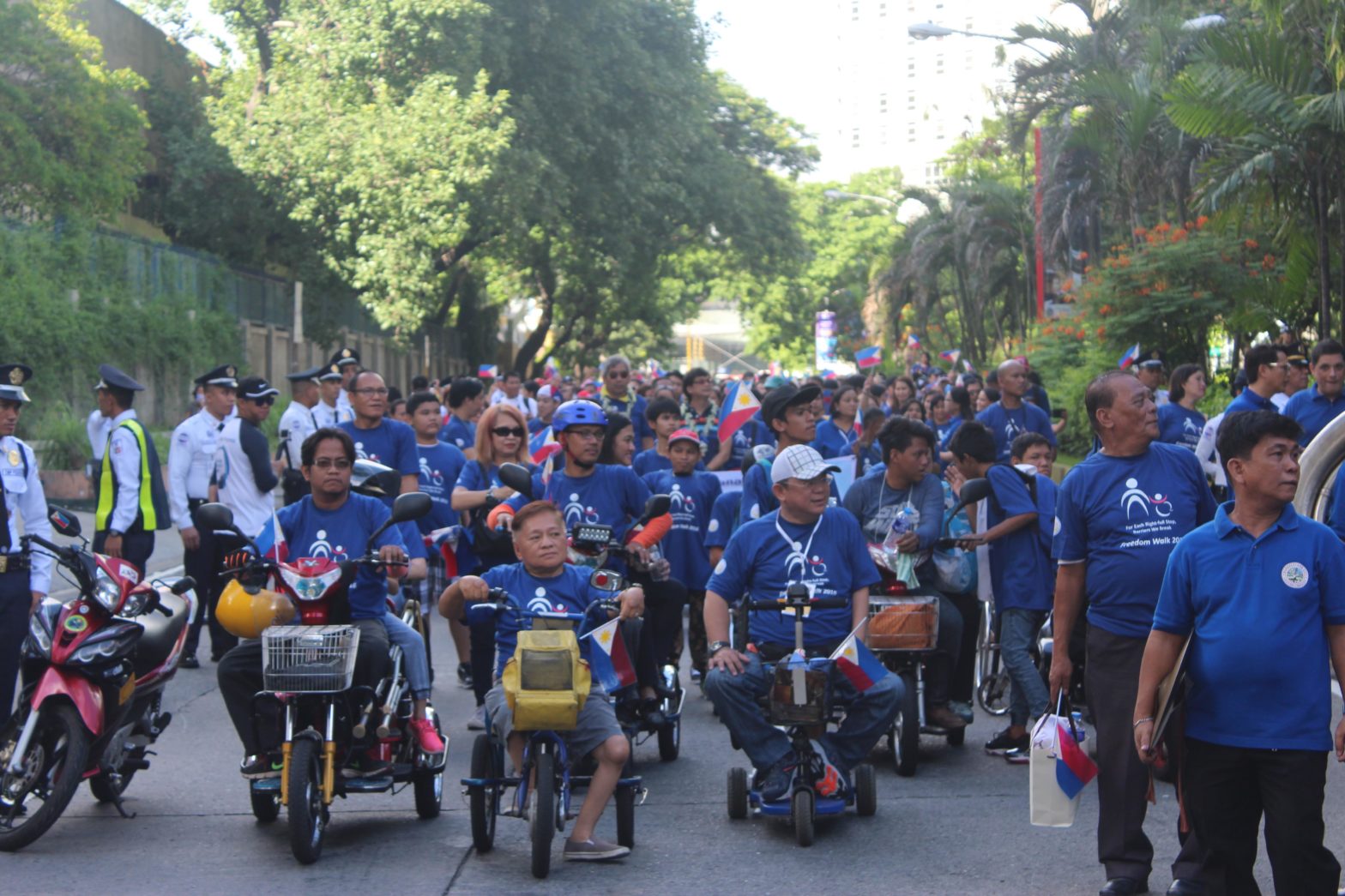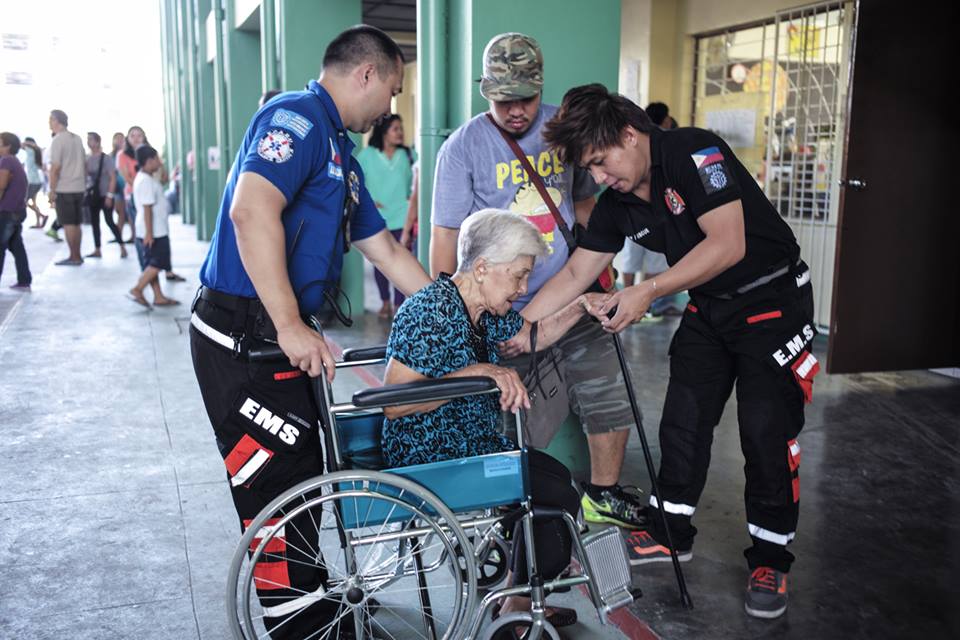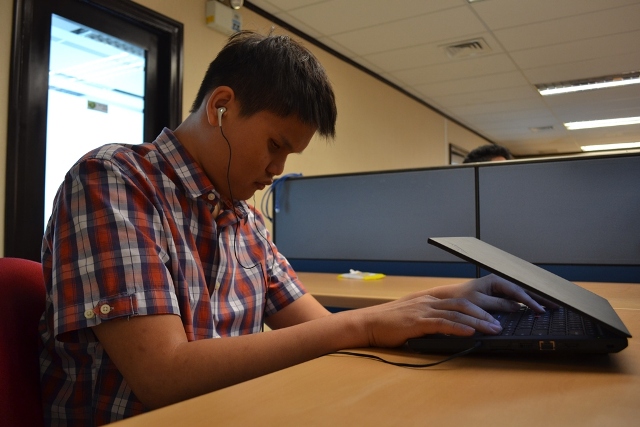
By ARIANNE CHRISTIAN TAPAO
IT’S A platform like no other, and a first in the Philippines.
The website daretohiremenow.com is a skills-based job platform that matches PWDs with an employer for free.
And a month after its launch, around 200 persons with disabilities (PWDs) have already signed up.
“Given the right conditions, they (PWDs) can be exceptional,” said Rhodora Palomar-Fresnedi, executive director of Unilab Foundation (ULF), which initiated the project made public last July 15.
She added even the technical team that created the website is composed of persons with disabilities.
To encourage companies to hire PWD applicants, the website features six testimonials of PWDs successfully hired by the ULF through initiative “Project Inclusion,” which aims to provide a more inclusive society for PWDs.
Information systems student Franklin Chong is blind, but he is now an intern at the Unilab Corporate Information Technology where he works as a back-end developer, creating modules that allow users to manage, edit and upload contents on Unilab’s websites.
Chong had difficulty with other internship applications. His professor Martin Manalansan said in the testimonial, “When Franklin got rejected, I felt bad. Because each and every student should be given equal opportunity, regardless of their disability.”
Randy Motoomull, a computer science graduate, also had problems landing a job.
Interviews would usually end with, “We will call you,” he said. “It is probably just a nice way of saying that I’m not the guy for their company.”
Now hired by the Univet Nutrition and Animal Healthcare Company, he works as a general clerk, filing payment proposals at the accounting department.
Both found opportunities through Project Inclusion after being rejected by companies despite having the skills for the job.
Hiring PWDs
Palomar-Fresnedi said the ULF has been reaching out to several companies that could offer positions to PWDs.
“We’re closing some agreements with other companies who don’t want to be public about it yet,” she said, adding these companies have yet to fully commit to hiring PWDs.
Promoting the inclusion of PWDs in workplaces has strengthened since the passage of Republic Act No. 10524, which encourages private corporations with more than 100 employees to reserve at least one percent of all positions for PWDs.
The signing of the law in April 2013 comes after the study of the Philippine Institute for Development Studies, which found that roughly half of working PWDs were underemployed.
Majority of the employed respondents were either self-employed or unpaid family workers.
With the ULF project, at least three employers have already formally signed a memorandum of agreement to hire PWDs. Meanwhile, 55 job coach positions and 252 PWD applicants have registered in the portal.
A job coach ensures co-workers and supervisors are aware of the special needs of employees with disabilities.
“The goal,” said ULF project officer Jim Nemeño, “is to hopefully carve out a new position for job coaching here in the Philippines.”
Job coaches must first undergo a training program under the ULF.
“It’s running mainly through ‘bayanihan,’” said Palomar-Fresnedi, grateful for the rising number of volunteers.
A Filipino expert abroad, whose advocacy is on PWDs, even helped design the curriculum for job coaches.
Better platform
For now, the foundation is doing manual matchmaking, until the number of employers signing up would be enough for “automatic” online matchmaking.
Nemeño said the website is still in its “beta version.”
For instance, the website’s current account setup allows employers to put only one skill for a job, which lessens opportunities for PWD applicants, as a job position would probably require more than one, he said.
The website so far only covers PWD applicants in Metro Manila and cities in provinces.
Some of the site’s enabling features are not yet functional. These features, such as text-to-speech for the blind, would supposedly help PWDs navigate the site with ease.
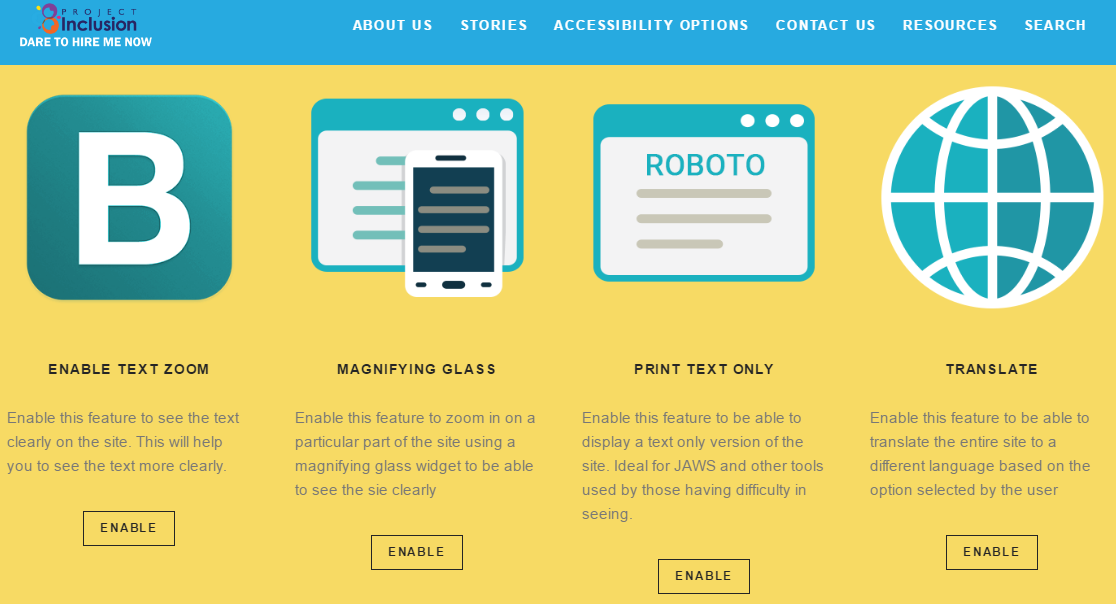
“We need all the feedback,” said Palomar-Fresnedi, referring to the website’s shortcomings.
The foundation is coordinating with different PWD organizations to maximize the website’s reach.
“We cannot build a healthier Philippines if we neglect these areas (PWDs),” she said.
Making an impact
Over the years, the foundation has made efforts to promote the hiring of PWDs in workplaces.
In 2014, ULF and the De La Salle University Social Development Research Center released the book, “From Exceptionality to Exceptional: Inclusion of Differently Abled Persons in the Workplace.”
The book documented 28 cases of persons with disabilities in local business organizations, which essentially proved the presence of PWDs in the workplace benefits the team and the company.
The book’s cover was designed by Victor Cham, a graphics artist assistant and the first PWD worker hired by the ULF. (See Vico Cham: Seeing the world through art and autism)
Recalling the project’s roots, Palomar-Fresnedi said Project Inclusion started when they were motivated by a kid with Down syndrome, whose parents wanted him to migrate to the United States.
“Instead of us leaving the country,” she said. “Why don’t we build a more inclusive Philippines so that we provide more opportunities?”
(The author is a University of the Philippines student writing for VERA Files as part of the internship.)
